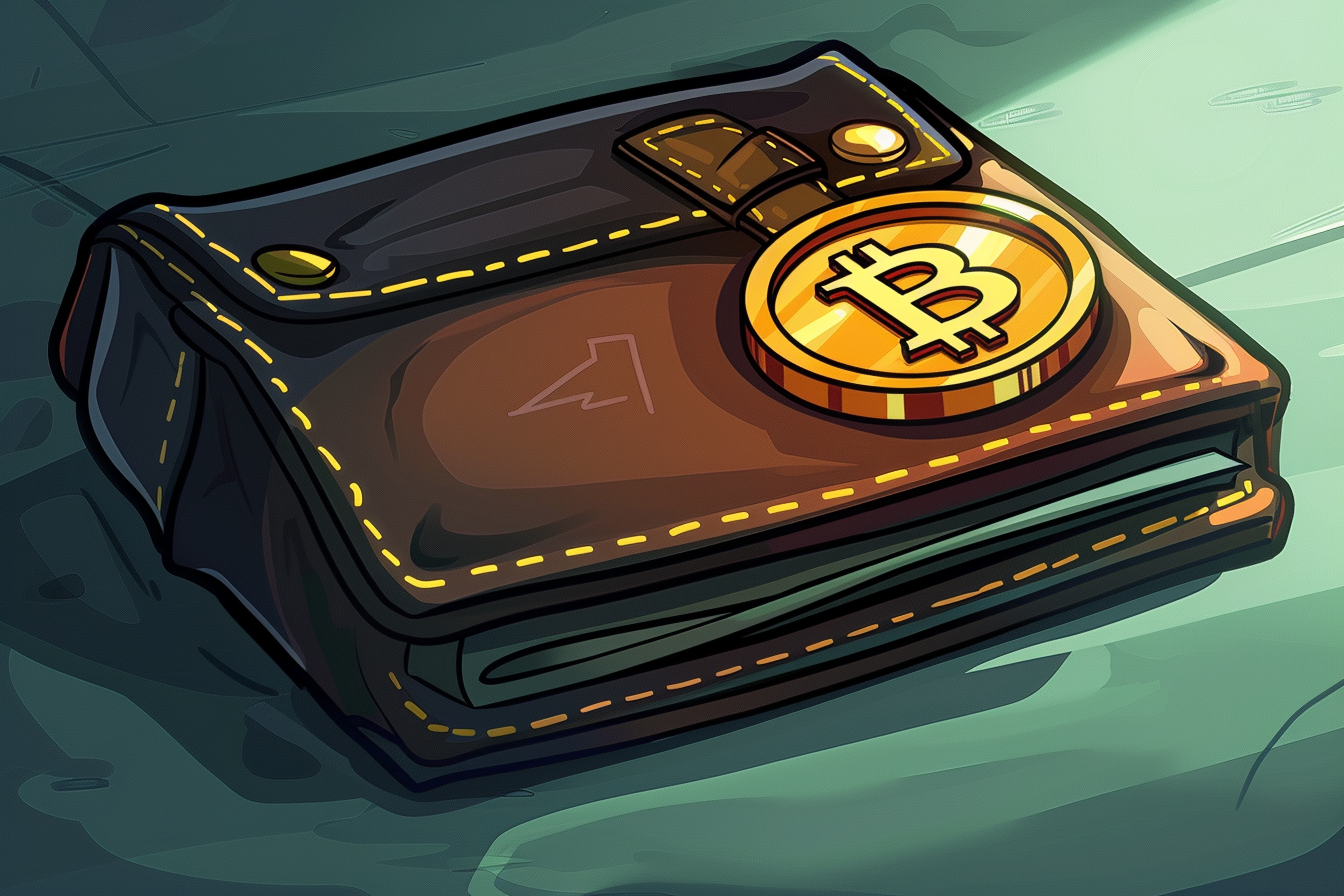Table of Contents
Introducing Zimbabwe's new digital currency, backed by gold. The South African nation's finance minister stated that the country's currency is under "enormous pressure" and that inflation is increasing demand for US dollars in the country.
So, the country devised a plan to support its weakening fiat currency: a gold-backed digital currency.
The country issued its new digital currency with a strong demand.
Zimbabwe backed its maiden sale of digital currency with approximately 140 kilograms of gold reserves.
The central bank received 135 applications totalling 14 billion Zimbabwe dollars (US$12 million) to acquire the gold-backed digital tokens.
RBZ Gold-Backed Digital Tokens No.2/2023 Application Form: https://t.co/Sb6GEc4yxO
— Reserve Bank of Zimbabwe (@ReserveBankZIM) May 12, 2023
On May 18, it will hold a second auction.
Gold Coin and Gold-backed Digital Token Prices - 15 May 2023 pic.twitter.com/qDkq0P13KX
— Reserve Bank of Zimbabwe (@ReserveBankZIM) May 15, 2023
A Bloomberg report pegged that Zimbabwe needs US$100 million in gold to launch its projected bullion-backed digital currency.
The programme was primed to be backed by the central bank's gold reserves, which it has been amassing to reduce the volatility of the local currency.
As the value of its native currency plummeted, Zimbabwe resorted to the digital currency plan to assist and relieve the increasing demand for US dollars in its economy.
The International Monetary Fund (IMF) blasted the decision and advised the government to liberalise the foreign-exchange rate instead of risking the depletion of its reserves.
The tokens are just one of several new measures meant to stabilise a currency that has lost more than 40% of its value versus the US dollar so far in 2023, a year in which inflation rates have also been on the rise.
On Thursday, it said it may have to raise short-term interest rates and distribute gold coins. The benchmark interest rate set by the central bank is the highest globally.
Zimbabwe has the world's highest policy rate at 140%, even after cutting the benchmark rate twice this year.
The government has previously stated that beginning May 15, firms will be able to keep all foreign currency from domestic sales.
In the past, 15% of all dollar sales had to be translated to local currency at the bank's official exchange rate.
As the Zimbabwe currency quickly depreciates against the US dollar, widespread price rises have swept the southern African nation.
Finance Minister Mthuli Ncube stated that this has led to a "resurgence" of macroeconomic instability.
Statement by Hon. Prof. Mthuli. Ncube on Measures to Stabilise the Exchange Rate and the Macro Economy. pic.twitter.com/0n2wxhpb6U
— Ministry of Finance & Economic Development (@ZimTreasury) May 11, 2023
This year, the value of US$1 has dropped to 1,212 Zimbabwe dollars (Z$), but on the black market, it may sell for as much as Z$2,300.
This week, the state released gold-backed digital tokens, one of many initiatives intended to reduce demand for the US dollar.
Ncube claims that the government is dedicated to restoring faith in the gold coins and gold-backed digital money by guaranteeing actual gold reserves will completely support them.
Last month, the monetary policy committee accepted the concept of a digital currency backed by gold, eight months after Zimbabwe introduced gold coins as a store of value to help support the local unit.
But this is not unique to Zimbabwe.
In 2021, Nigeria introduced a digital currency, making it the first country in Africa to do so.
Stay ahead of the game by signing up as a member of Blockhead and never miss a beat in the world of digital assets.






